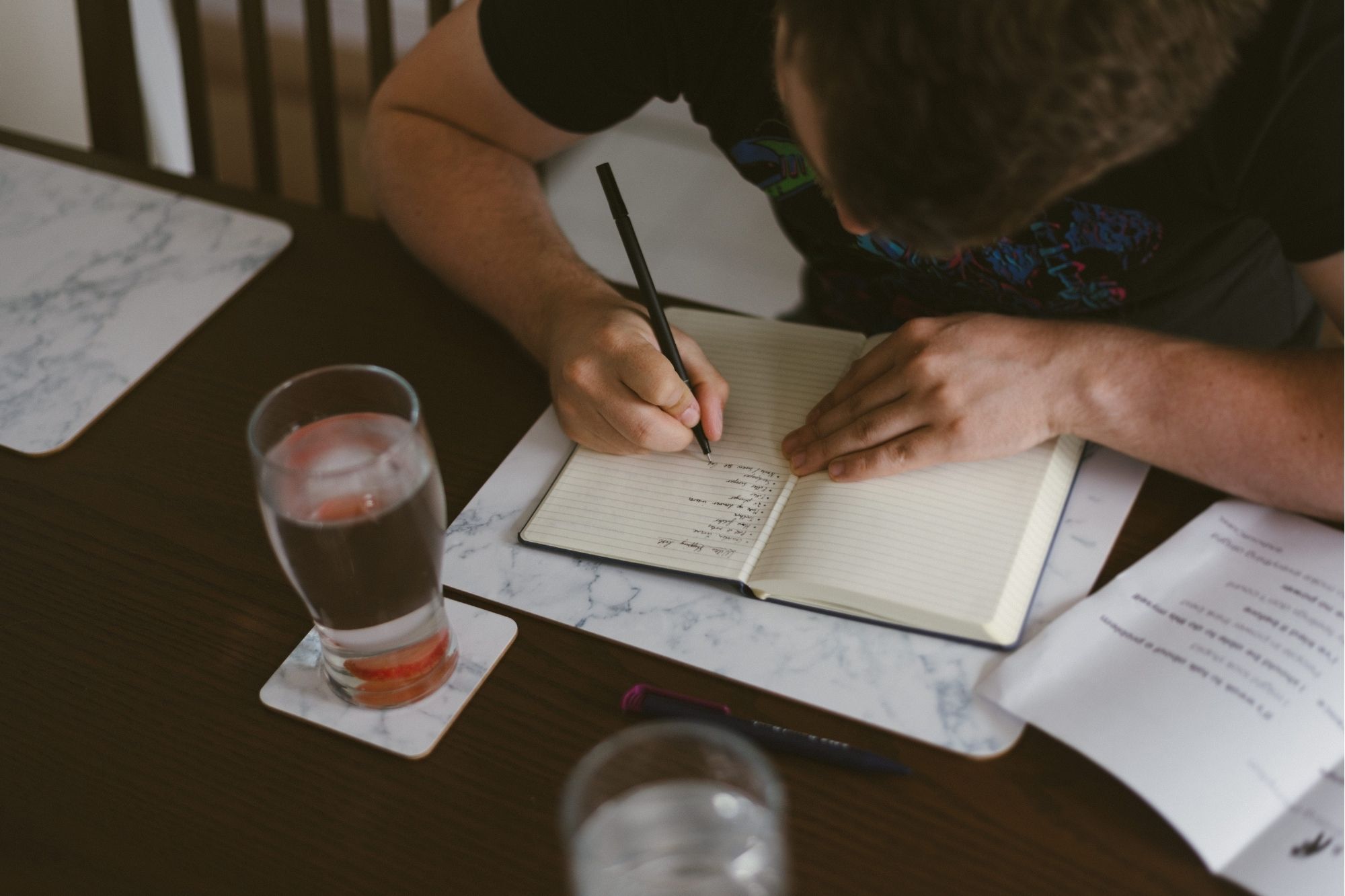If you’re new to recovery and are told you need to develop coping strategies to avoid triggers, you might think, okay, I’ll make a list of possible tempting scenarios and then I’ll be ready. What may seem like a quick task, however, requires more than simply writing down a list of triggers. It requires using your mind to re-engineer how you think about yourself and your capabilities, then using creativity to develop plans for responding to certain situations.
Developing an Internal Locus of Control
Before you get very far, you first need to realize where your locus of control is. “Locus of control” is a concept developed by psychologist Julian Rotter that defines how a person perceives the degree in which they have control over their life. If you have an internal locus of control, you believe you’re able to solve life’s problems largely through your own ability and effort. If you have an external locus of control, you feel like life’s problems and challenges just happen to you as you ride along like a leaf on a stream, going where the currents take you.
Research shows that recovering substance users with an external locus of control are more likely to relapse than those with an internal locus of control. So, if you want to be able to deploy coping strategies in recovery, you first need to believe you have the internal resources to deal with challenging circumstances.
Cognitive-behavioral therapy (CBT) can help you gain a stronger internal locus of control by gradually shifting cognitive distortions—defined as inaccurate, negatively biased thoughts—to self-empowering beliefs and positive responses to life.
For example, a person who grew up with a highly critical parent may have a cognitive distortion that leads them to feel worthless and powerless. When this person encounters difficult circumstances, they turn to an external remedy of drugs or drinking because they never gained the inner confidence or skills to deal with difficult circumstances. A therapist using CBT techniques will have that person break down the events that led to their low self-esteem and see how those events have no power over them. The therapist will also have that person identify other examples in their life where they have shown their ability to overcome challenging situations. Exercises such as these are used in CBT to help you build an internal locus of control.
Pinpointing Your Triggers
This reflective approach is also used by CBT to identify triggers that may cause a relapse. Once you pinpoint these triggers, you can examine the automatic responses and feelings you have towards them. You can start by identifying the reasons that triggered your use of drugs or alcohol in the first place. These reasons may include any of the following:
- A way to escape conflicts, unpleasant situations, or uncomfortable memories.
- To mask negative feelings such as disappointment, hurt, failure, sadness, or discontent
- As a relaxing aid for socialization; to reduce inhibitions
- To improve one’s self-image, such as being more outgoing when drinking
- To unwind at the end of a stressful day
- To relieve boredom or a feeling of apathy towards life
- As a response to cravings that are too strong to resist
Once you identify your reasons for drinking or using drugs, you can develop alternative responses or “problem-solving” skills, as a CBT therapist may call them. For example, a person who drinks to avoid conflict can learn skills for addressing disagreements with others. Someone who drinks to unwind at the end of a stressful day can develop another way to relax, such as taking a walk or exercising. A person who drinks out of boredom or loneliness during the weekends can plan activities with sober friends they find engaging.
After addressing your core reasons for substance use, you can enlarge your relapse prevention strategy by imagining situations in the future that may tempt you to drink or use drugs. Think of life events or changes that may lead you to crave alcohol or drugs and relapse. Then think of how you can address the situation to avoid relapsing.
For example, if you are worried about being laid off from your job, think about what you can do if that happens. Is there another type of job you have been wanting to explore? Is there a course of study you can start?
Strategizing Your Responses
Your arsenal of tools for avoiding relapse should include not only preventive strategies but practical ways of responding in the moment when a potential relapse is staring you in the face. Some strategies recommended by professional counselors are to:
- Leave the environment or change the situation.
- Put off the decision to drink for 15 minutes, remembering that most cravings are time-limited and pass.
- Challenge your thoughts. Ask yourself, do you really need a drink? Remember that your only true needs are food, water, and shelter.
- Remind yourself of your successes in recovery up to this point.
- Call someone who can help you walk away from the urge to relapse.
For more ways to avoid relapse, along with exercises to develop your own relapse prevention strategy, download the free workbook The Next Step Toward a Better Life from the Substance Abuse and Mental Health Services Administration.







